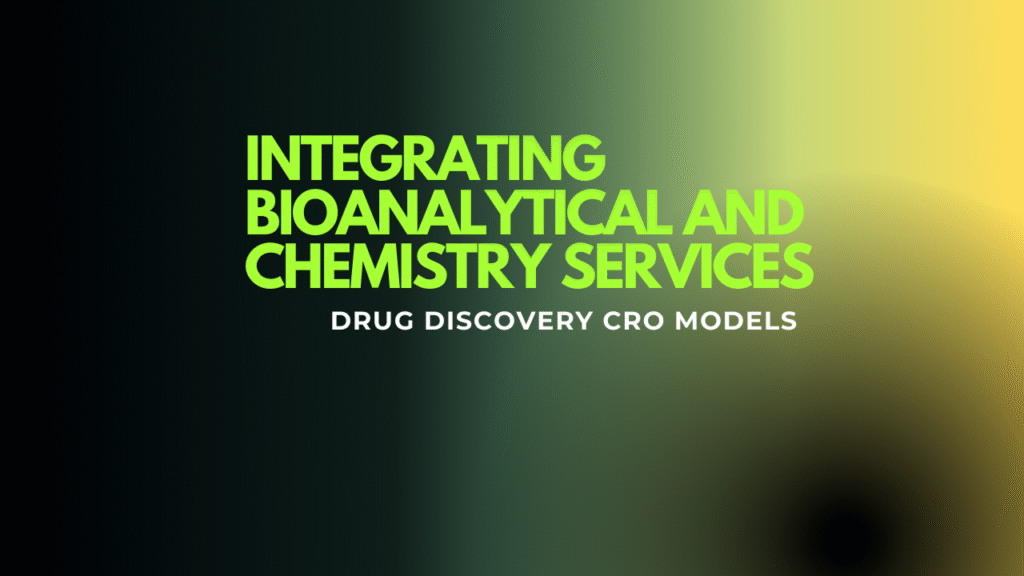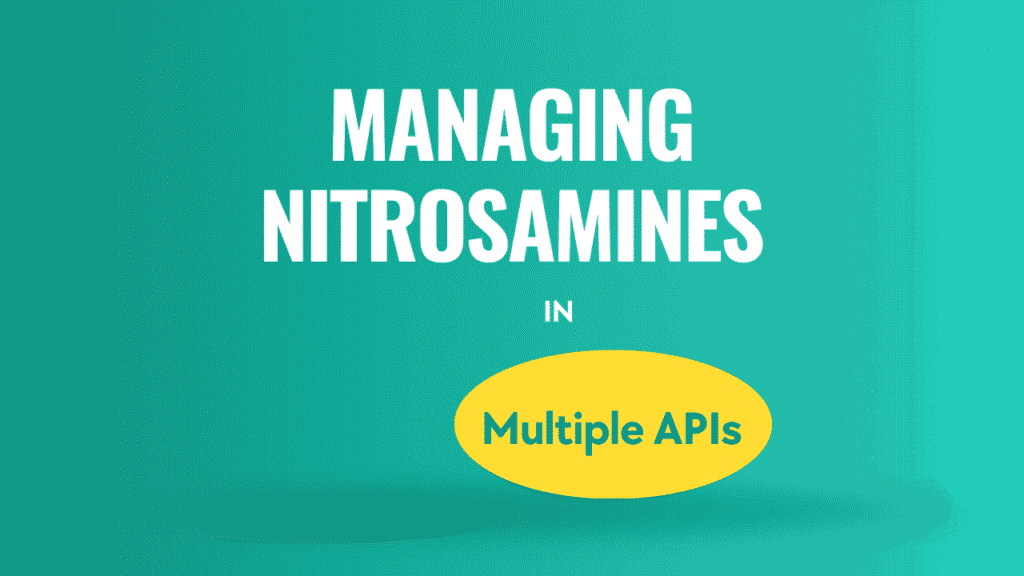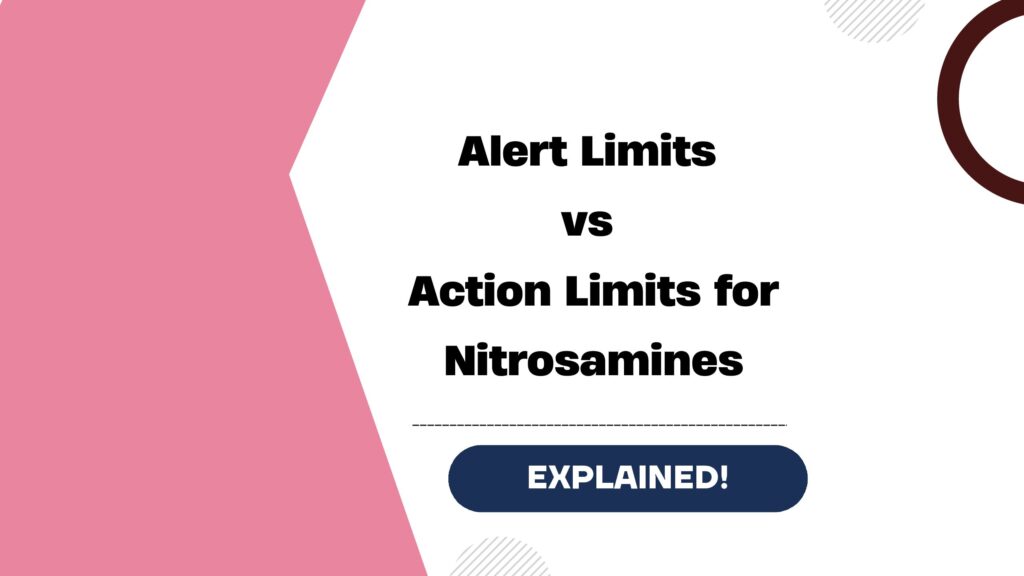
Polycaprolactone (PCL) is a biodegradable polyester widely used in industries such as biomedical applications, 3D printing, and industrial manufacturing. As demand for sustainable materials grows, finding the right PCL supplier in Canada and the United States becomes crucial for businesses looking to maintain high-quality standards and supply chain efficiency. This guide will explore the essential factors in selecting the best PCL supplier, market trends, regulatory considerations, and application-specific needs.
Understanding Polycaprolactone (PCL) and Its Market Demand
PCL is known for its biodegradable properties, mechanical strength, and compatibility with various processing techniques. It is used in diverse applications, including:
- Biomedical and Tissue Engineering – Used for controlled drug delivery, tissue scaffolding, and biodegradable implants.
- Additive Manufacturing & 3D Printing – Preferred for its low melting point and ease of printing.
- Coatings and Adhesives – Enhances flexibility and durability in industrial coatings and hot-melt adhesives.
- Composites and Blends – Frequently blended with other polymers to improve mechanical properties.
With sustainability being a key focus, the demand for biodegradable and eco-friendly polymers like PCL is growing in North America. This makes choosing a reliable supplier more critical than ever.
Key Factors to Consider When Choosing a PCL Supplier
1. Product Quality and Consistency
Quality is the most critical aspect when sourcing PCL. A good supplier should provide high-purity, consistent molecular weight, and reliable mechanical properties in their PCL formulations. Ensure they meet the required specifications, including:
- Molecular weight distribution
- Degree of crystallinity
- Biodegradability and degradation rate
- Processing stability
2. Compliance with Industry Standards
A reliable PCL supplier should comply with regulatory requirements for specific industries. Check if the supplier adheres to:
- FDA (Food and Drug Administration) regulations – If used in biomedical applications.
- ISO 10993 Biocompatibility Standards – For medical devices.
- ASTM D6400 – For compostable plastics.
- REACH & RoHS Compliance – For environmental and health safety.
3. Manufacturing Capabilities and Supply Chain Reliability
A supplier with strong production capacity and an efficient distribution network can ensure a steady supply of PCL. Consider:
- Production capacity and scalability – Can they handle bulk orders?
- Lead time and delivery reliability – Do they have on-time shipping records?
- Inventory management – Do they offer just-in-time (JIT) supply options?
- Distribution channels – Do they have warehouses in both Canada and the U.S. for faster logistics?
4. Customization and Technical Support
If your application requires specific molecular weight, viscosity, or blend compositions, look for suppliers that offer customization. Also, a strong technical support team can help optimize PCL for different processing techniques such as extrusion, injection molding, or solvent casting.
5. Sustainability and Ethical Sourcing
With the increasing focus on green chemistry, choosing an environmentally responsible supplier is essential. Consider:
- Sourcing of raw materials – Are they using sustainable sources?
- Eco-friendly production processes – Do they reduce carbon emissions and waste?
- Biodegradability certifications – Do they provide verified environmental impact reports?
6. Cost-Effectiveness and Pricing Models
Pricing can vary significantly based on volume, purity, and customization needs. Compare different suppliers based on:
- Cost per kilogram/ton
- Bulk discounts and contract pricing
- Shipping and import duties (especially between Canada and the U.S.)
7. Reputation and Customer Reviews
Check customer reviews, case studies, and references to verify the supplier’s track record. Engage with industry peers or request samples to assess product quality firsthand.
Challenges in PCL Procurement and How to Overcome Them
1. Limited Local Production
While PCL is produced globally, local manufacturing options in North America are still growing. Overcome this by working with suppliers that have strategic partnerships with international manufacturers.
2. High Import Costs and Tariffs
International shipping and import duties can raise costs. Look for domestic distributors or suppliers with warehouses in both Canada and the U.S. to minimize tariffs.
3. Regulatory Hurdles in Biomedical Applications
If using PCL in medical applications, ensure the supplier provides comprehensive compliance documentation to avoid regulatory delays.
4. Material Consistency Issues
Batch-to-batch variations can be a concern. Work with ISO-certified suppliers that provide batch testing and Certificates of Analysis (CoA).
Future Trends in PCL Supply Chain and Innovation
- Growing demand for medical-grade PCL – Due to its increasing use in drug delivery and tissue engineering.
- Advancements in biodegradable polymer blends – To enhance mechanical and thermal properties.
- Expansion of sustainable manufacturing – Companies are investing in green production technologies.
REFERENCES
- Monteith H, Checholik C, Galloway T, Sahak H, Shawanda A, Liu C, Hanley AJ. Infant feeding experiences among Indigenous communities in Canada, the United States, Australia, and Aotearoa: a scoping review of the qualitative literature. BMC public health. 2024 Jun 13;24(1):1583.
- Kumar V, Sharma A, Shah R, Rajan B. Establishing profitable customer loyalty for multinational companies in the emerging economies: A conceptual framework. Journal of International Marketing. 2013 Mar;21(1):57-80.
- Hare RD. The Hare PCL‐R: Some issues concerning its use and misuse. Legal and criminological psychology. 1998 Feb;3(1):99-119.
- Fukunishi T, Best CA, Sugiura T, Shoji T, Yi T, Udelsman B, Ohst D, Ong CS, Zhang H, Shinoka T, Breuer CK. Tissue-engineered small diameter arterial vascular grafts from cell-free nanofiber PCL/chitosan scaffolds in a sheep model. PLoS one. 2016 Jul 28;11(7):e0158555.
LET’S CONNECT
At ResolveMass Laboratories Inc., we understand the critical need for high-quality PCL sourcing. Our team of experts can help you find the best supplier for your specific needs, ensuring regulatory compliance, technical support, and cost-effectiveness.
Contact us today for expert consultation on PCL sourcing and application development.
Integrating Bioanalytical and Chemistry Services in Drug Discovery CRO Models
Introduction: An Integrated Chemistry and Bioanalytical CRO model unifies synthetic chemistry, analytical characterization, and bioanalytical…
Nitrosamine Testing for Over-the-Counter (OTC) Products: Special Considerations
Introduction Nitrosamine Testing for OTC Products demands a risk-based and stability-focused approach that goes beyond…
Nitrosamine Testing in Combination Drug Products: Managing Multiple APIs
Introduction Nitrosamine Testing in Combination Products presents greater scientific and regulatory challenges than testing single-API…
How Bioanalytical CROs Support AI-Driven Drug Discovery Services
Introduction: A Bioanalytical CRO for AI drug discovery plays a critical role in transforming AI-generated…
Setting Alert Limits vs Action Limits for Nitrosamines: Practical Implementation Guide
Introduction In pharmaceutical manufacturing, understanding Nitrosamine Alert Limit vs Action Limit is critical for compliance…
Nitrosamine Batch Release Testing: When Is Routine Testing Required?
Introduction: The Nitrosamine Batch Release Testing Requirement becomes mandatory when confirmatory testing shows nitrosamine impurity…







